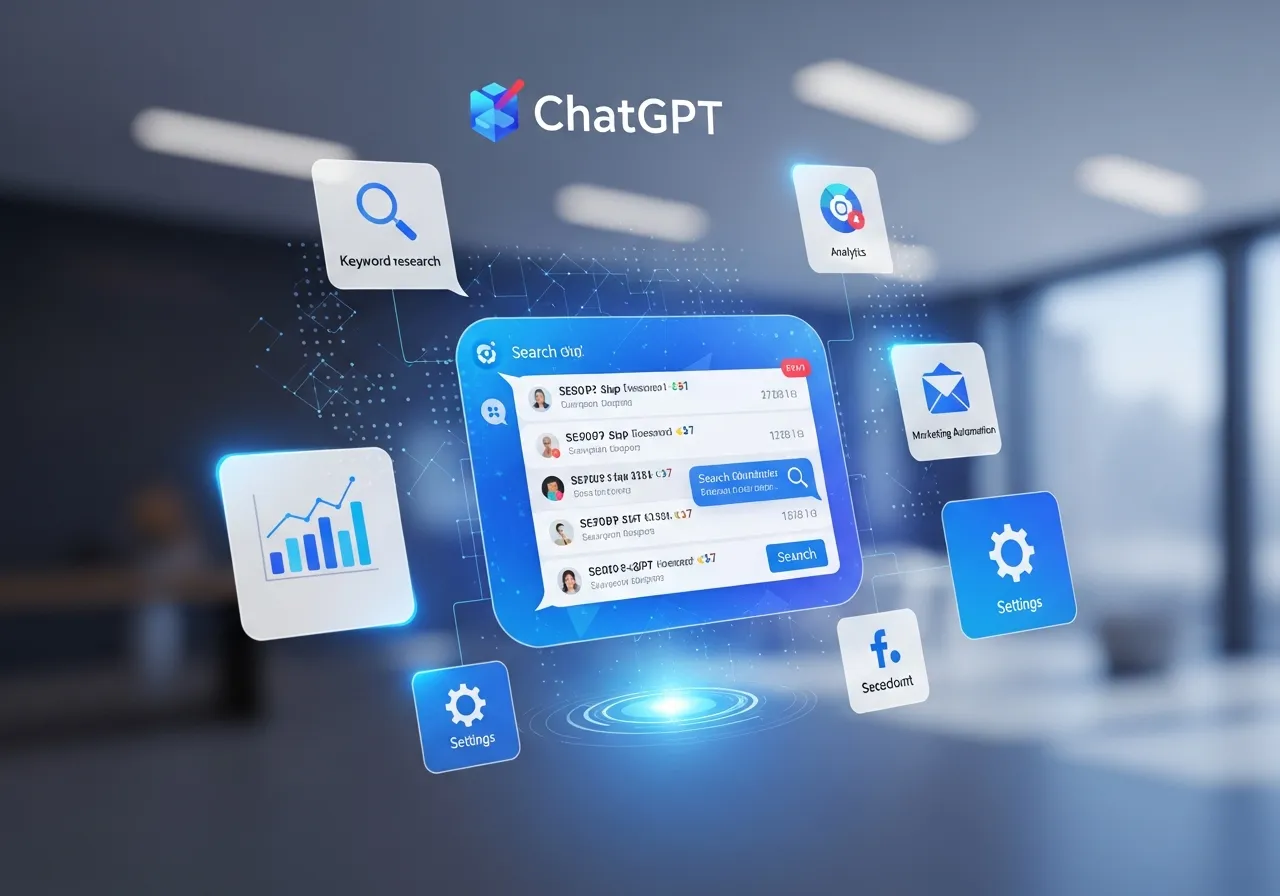With over 200 million weekly active users, ChatGPT has become a primary research tool for consumers and businesses alike. Optimizing for ChatGPT recommendations is no longer optional - it's essential. For a detailed step-by-step process, see our complete guide on how to rank in ChatGPT.
ChatGPT draws on its training data and, increasingly, real-time web browsing to answer user queries. Understanding how it sources and presents information is key to optimization. This is closely related to the broader field of Answer Engine Optimization (AEO).
Authority signals matter enormously. ChatGPT tends to cite and recommend businesses and sources it perceives as authoritative in their field.
Build authority through quality content, mentions in authoritative publications, consistent brand information across the web, and genuine expertise in your niche. Learn more in our guide on what is AI SEO.
Structured data helps ChatGPT understand your business. Implement comprehensive JSON-LD schema markup including Organization, LocalBusiness, Product, and FAQ schemas. For technical implementation details, read about llms.txt and AI crawler optimization.
Create content that directly answers questions your customers ask. ChatGPT loves content that clearly addresses specific queries with authoritative, helpful information.
Build citations from authoritative sources. Wikipedia, industry publications, educational institutions, and news outlets all signal trustworthiness to AI systems.
Ensure brand consistency across all platforms. Inconsistent information confuses AI systems and reduces their confidence in recommending your business.
Monitor your ChatGPT visibility regularly. Ask it questions relevant to your industry and see if and how your business appears in responses. Compare your approach to Perplexity SEO strategies for a complete picture.
The ChatGPT SEO landscape is evolving rapidly. Staying ahead requires continuous monitoring and adaptation of your strategy. See our latest AI SEO strategies for 2026 for cutting-edge tactics.
